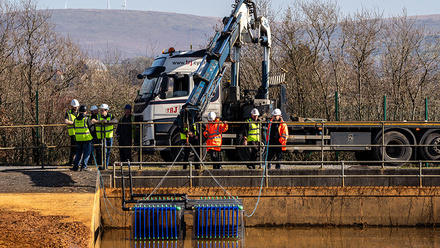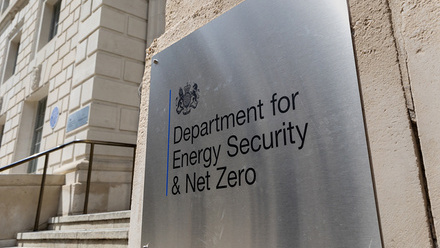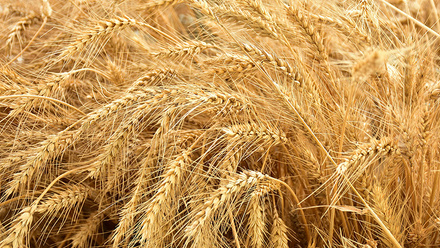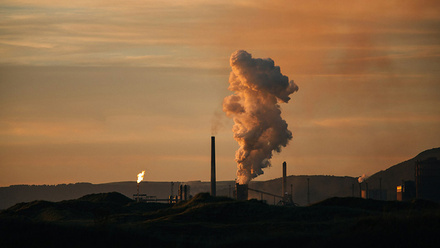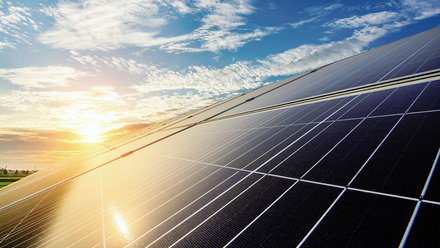IEA Critical Minerals Summit identifies six key actions
The International Energy Agency (IEA) Summit has recommended six key actions to ensure secure, sustainable and reliable supplies of critical minerals.
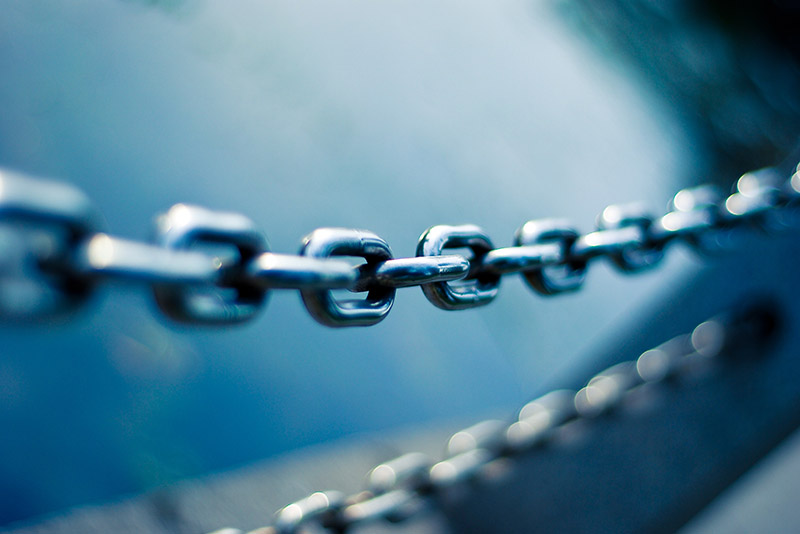
The six actions are:
- Accelerate progress towards diversified minerals supplies - to support countries’ climate and clean-energy ambitions, it will be necessary to significantly increase supplies of many minerals and metals. Delegates agreed on the need to accelerate progress towards diversified and sustainable supplies of critical minerals.
- Unlock the power of technology and recycling - participants underscored the importance of tapping the full potential of technology and recycling to alleviate potential strains on supply. New technology can reduce energy and water requirements in extraction and processing, and optimise extraction methods, product design and end-of-life processes to improve resource efficiency. The IEA will also undertake an in-depth study to examine effective approaches to recycling covering all potential sources such as e-waste, industry scrap, end-of-life batteries, wind turbines and permanent magnets.
- Promote transparency in markets - some critical minerals markets are characterised by limited price transparency that can introduce volatility and hinder new investments. There are also increasing calls from consumers for more information about the risks throughout the supply chain. The participants emphasised the need to promote transparent markets that facilitate new investments by reinforcing due diligence and traceability practices. The IEA will strengthen its market monitoring capabilities, including supply and demand projections as called for in the G7 Five-Point Plan for Critical Minerals Security. In 2023, the inaugural edition of the IEA Critical Minerals Market Review provides a comprehensive market outlook. The report will be produced on a regular basis.
- Enhance the availability of reliable information - data is vital to ensuring a well-functioning market and to allow companies and policymakers to set priorities and address potential chokepoints.
- Create incentives for sustainable and responsible practices - summit participants highlighted the importance of incentivising sustainable and responsible production of critical minerals, such as by rewarding environmental, social and governance (ESG) efforts and speeding up approvals of new facilities without loosening legal and regulatory protections. The IEA’s Critical Minerals Policy Tracker monitors policy developments and ESG concerns, in addition to working with governments and other stakeholders to develop new policy guidance to reduce the negative impacts of minerals production.
- Foster international collaboration - a recurring theme throughout the Summit was that demand growth for critical minerals cannot be solved by any one country or company. Strengthening efforts on international collaboration among governments, market participants, civil society and international organisations is crucial to meet these challenges in an inclusive manner. One specific area is efforts to enhance security of supply by exploring mechanisms that include voluntary stockpiling, alongside other measures to help enhance the resilience of supply chains.
Looking ahead, the IEA will hold a Ministerial Meeting in February 2024, coinciding with the 50th anniversary of the Agency’s founding.
The 2024 Ministerial Meeting will provide a key opportunity for countries to assess what critical minerals mean for the changing landscape of international cooperation on energy security and climate change, including the role of the IEA in ensuring a secure, sustainable and responsible supply of critical minerals for clean energy supply chains.
This will include announcing the next phase of the IEA Voluntary Critical Mineral Security Programme, which will include options for stockpiling and other measures designed to ensure transparent and resilient supply chains based on shared experience and information.


